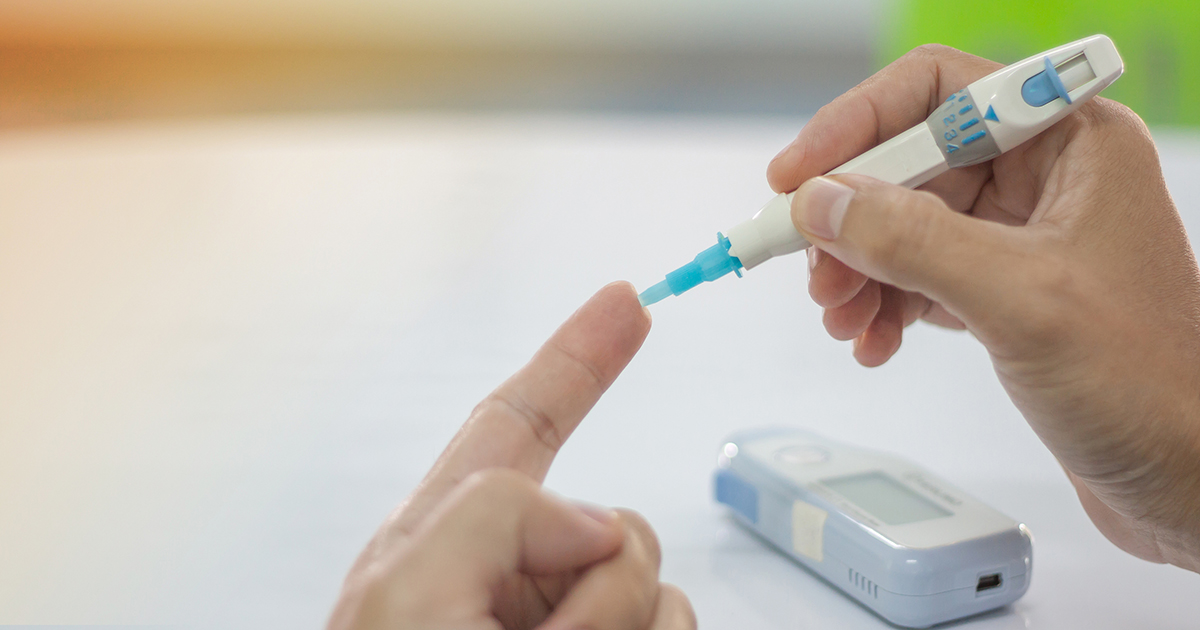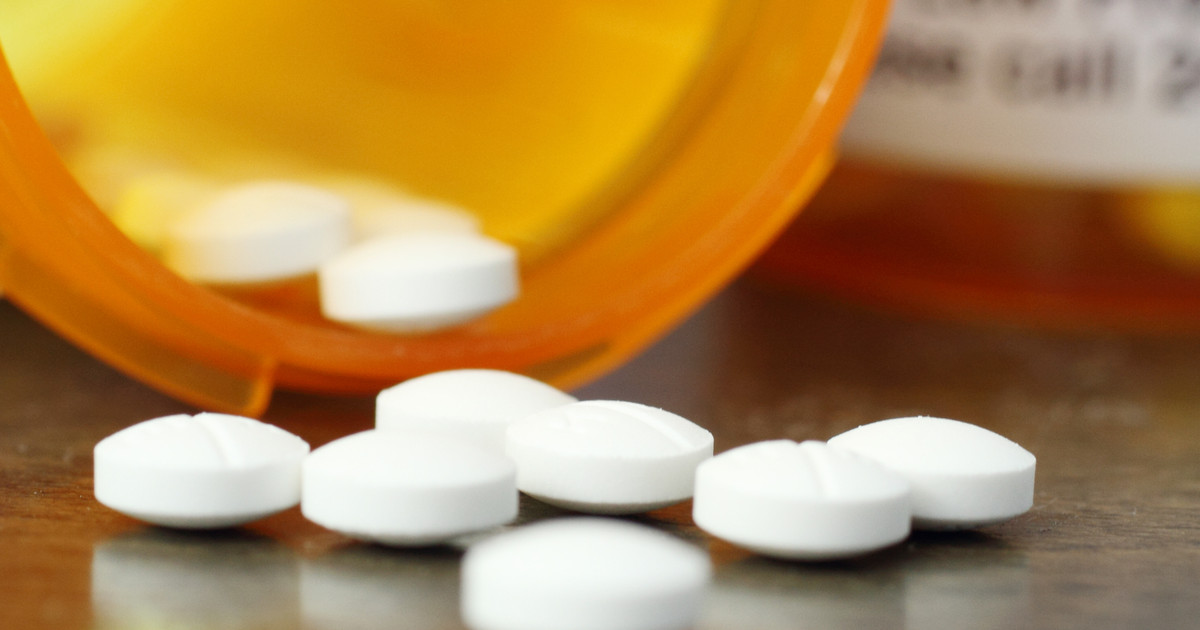Guide To The Causes Of Hypoglycemia
Hypoglycemia is a condition where an individual experiences a blood sugar level below normal. Glucose is absorbed from the food individuals eat. Their body uses it to produce cellular energy. Symptoms include sweating, anxiety, fatigue, a fast heartbeat, pale skin, and hunger. Individuals may also experience shakiness, irritability, confusion, blurry vision, seizures, loss of consciousness, tingling, and numbness. If the underlying cause is not clear, a diagnosis can be made with a monitored fast in a hospital.
Hypoglycemia treatment depends on the underlying cause. Diabetes patients often need to have insulin injections or other diabetes medication. Medication adjustments are common. Tumor excision and intravenous glucose may be necessary. Consuming fast-acting carbohydrates is one of the natural remedies for hypoglycemia out there.
Diabetes

Diabetes patients have either an inability to produce the hormone insulin or an inability to use insulin correctly. A healthy pancreas produces insulin, giving the cells in the liver and muscles the ability to absorb glucose from the bloodstream. This mechanism gives the cells the glucose that is needed to produce energy. A diabetes patient will typically be put on a treatment plan that includes replacement of the insulin their body does not provide.
Most patients have to take several doses every day to stop the glucose from building up to dangerous levels. However, these individuals have to consider the number of carbohydrates that they are consuming for their insulin regimen to work correctly. When an individual who takes insulin daily doses not consume enough carbohydrates, it can cause hypoglycemia. This means that their blood glucose levels can drop dangerously low.
Keep reading to learn more about what can cause hypoglycemia now.
Medications

Aside from insulin medication, several others can cause hypoglycemia. Aspirin and similar medicines that are considered salicylates are known to enhance insulin secretion. These medications must be taken in moderate to high doses to trigger hypoglycemia in a healthy individual.
Sulfa-based antibiotic medications have also been known to increase the release of insulin. This makes the risk of hypoglycemia higher. Pentamidine treats pneumocystis carinii pneumonia. However, it can cause hypoglycemia in individuals without diabetes. Quinine stimulates the beta cells in a healthy individual's pancreas to produce more insulin, leading to hypoglycemia. This medication treats nocturnal leg cramps and other infections, including malaria.
Uncover more causes of hypoglycemia now.
